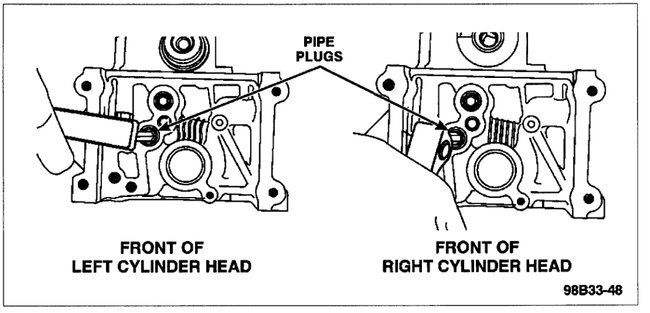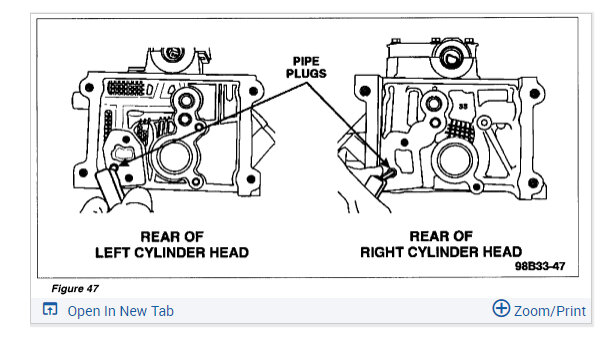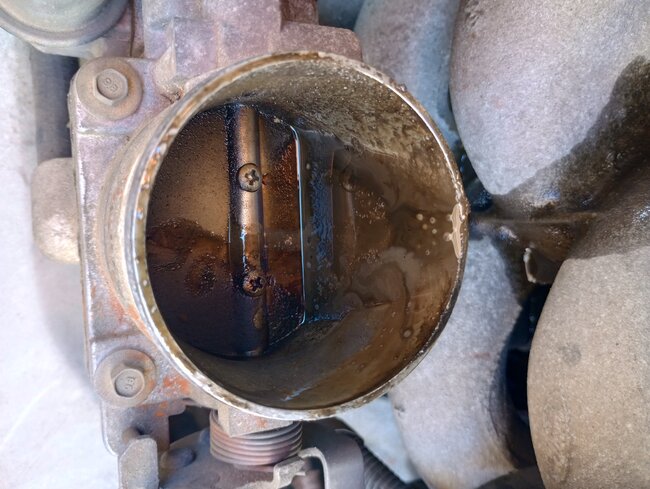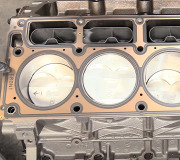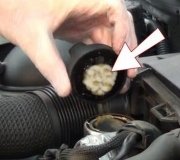A very peculiar situation I have going on. I was driving this truck a few days ago and it stalled. All of the gauges were fine; oil pressure was reading fine, hot/cold was mid way and stable. I did hear a faint ticking should and noticed one of the cylinders didn't appear to be firing. I was close to my house, so I let it sit a bit, started it, and was able to get home. As I was coming down my road the truck knocked off again, so I just let it coast to my house. Checked the radiator, found no water. Pulled the dipstick and an oil/water mixture was almost halfway up the dipstick. Unscrewed the oil pan plug and probably three gallons on think, chocolate milky mixture of oil and water came out. My first thought was a blown head gasket. Anyway, the next day I changed the oil filter and oil as I was going to try to clean the system of the mixture by changing the oil multiple times. Got everything changed, the truck started up and ran fine, with all of the cylinder's firing. Still heard a faint ticking but as the oil circulated it quieted down for the most part. About an hour after that I decided to refill the radiator with water and attempt to try some sealer to try and seal off the blown part of the gasket area. I put one gallon of water in the radiator, and then another gallon, and then another gallon. I ended up putting prob 6, maybe 7 gallons of water in that radiator before it stopped taking water. I was wondering how much water the radiator took because, to me, it took a lot more than it should have. And thew whole time you could hear the water draining down (I just thought it was filling the hoses and the coolant ports on the engine)
Anyway, I decided to check the oil level again. When I pulled the dipstick out water started shooting out of the dipstick tube hole so obviously that's where all of that water went. My first thought, as stated above, was a blown head gasket, but after I thought about it for a while a simple blown head gasket would not have allowed water to drain into the oil pan that fast, especially since the motor hadn't been started so as to build any pressure. Any ideas as to what could be causing this issue other than a blown head gasket? A few weeks ago, I had an issue with the #4 plug and getting it out, so I undid some hoses around the heater core ports to better access the plug. As odd as it sounds is there any chance, I could have hooked a hose up the wrong way or something? I'm aware that there are a couple of oil cooling lines that run somewhere into the oil pump.
Anyway, thanks for any insight.
Monday, February 5th, 2024 AT 2:58 PM
